
They were 19 impoverished children from Marbella, a town with no electricity, drinking water or televisions. They were between the ages of nine and 12 when they participated in the 1984 School Sports Games. They also had just one uniform that was sewn for them by the mother of one of the players on an old pedal machine.
The boys played all the qualifying rounds and won the final championship barefoot: a pata pelada.
Journalist Hernan Guiterrez learned about the story when he worked at Radio Chorotega in the 80s. Since then, he dreamed of being able to write the story that came to life 37 years later in his new book “La Hazaña de los Patapelada” (The Feat of the Barefooted).
Paying Off an Old Debt
Gutierrez explained that the motivation for writing the book came from the desire to recover what to him is the most important feat in children’s soccer in Guanacaste’s sports history.
I think it’s like paying a debt. When you realize that there’s something interesting, you should tell it, you should write it down and you should recover it. It has to be done,” the author said.
He decided to research their story “backwards” He first went to Grecia in the province of Alajuela, where the patapeladas became a legend.
There he spoke with people who witnessed that final game: a radio producer, fans who saw the game from the stands and the coach of Greacia’s team.
A couple of weeks later, he met with the “patapeladas” for the first time in Marbella in December of 2018. At that time, they were all between 46 and 49 years old and lived scattered around in different parts of the country. Some hadn’t seen each other since leaving school.
“We faced the challenge of how to illustrate the chronicle without photographs,” explained Gutierrez.
So he asked illustrator Ronald Diaz for help to recreate everyday images of Marbella and scenes from the games that look like something out of a Super Campeones (Super Champions) episode.
One of the children featured in these illustrations is Francisco Juarez, the team’s right midfielder who played midfield. He used bandages on his feet to cover the bumps that he had from walking in the pastures herding cattle. He was one of the last players they managed to locate. He is now 49 years old and works in agriculture.
I was very excited because it reminded me of a time that was totally buried and through this book, they’ve relived it again,” remarked Juarez.
In his last meeting with the barefooted players, Hernan read them fragments of the book and between Francisco and all the others, they fine-tuned the last details: “if that was the score, if the goal was scored by so-and-so, if they started losing.”
“In just over 130 pages, this inspiring experience that surpassed sports was captured: an individual and collective feat of a group of tenacious children who weren’t stopped by adversity to conquer a dream,” Gutierrez highlighted on the back cover.
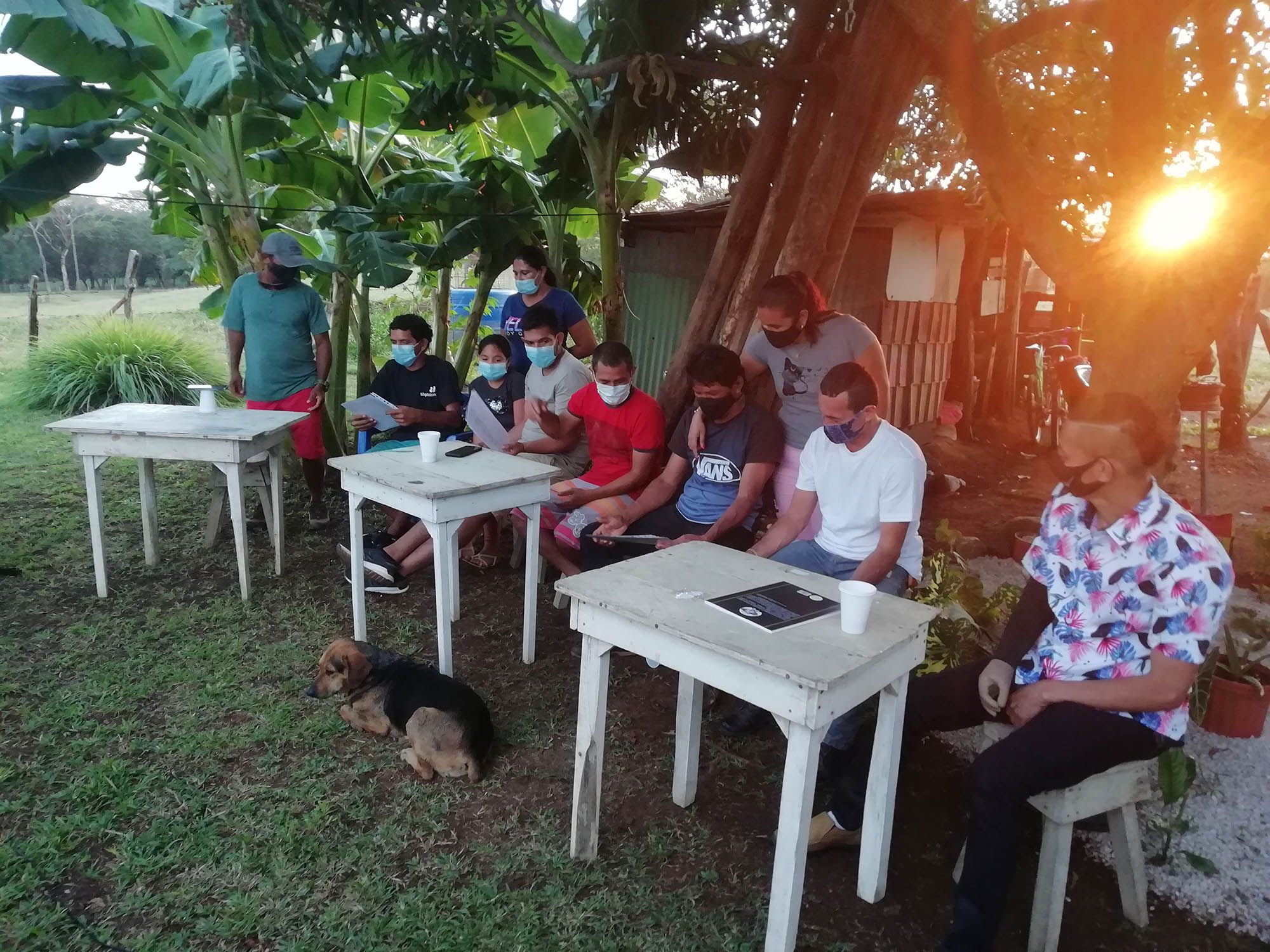
Ronald Díaz gave the “patapeladas” their portrait painted in full color in January 2021. For the first time, they were able to see an image of themselves dressed in their original uniform shirt. In the only photo that exists of the champion team, they don’t have the uniform on because people from the audience snatched them after they won the match. Photo: Courtesy of Hernan Gutierrez
Playing and Living at a Disadvantage
Going out on the field without soccer cleats was the “patapeladas’” disadvantage on the field, but it was also a reflection of a family economic situation that played against them and a lack of opportunities in the community. Gutierrez didn’t want to leave that out because to him, telling a story that stuck to reality was vital.
“The story couldn’t be told without that ending. It would have been little lies, like a fairy tale,” emphasized the writer.
According to Gutierrez, one of the intentions of the book is for Guanacastecans to reflect on the limitations and challenges they face in order to develop.
Former player Francisco Juarez has done that and is convinced that he and his teammates could have made it into the first soccer division if they had the opportunity.
I would have liked to be a professional player. You had that in your blood, in your veins, but hey…at that time, it was impossible,” Juarez lamented.
In her review of the book, sociologist and cultural manager Fresia Camacho highlighted the following:
“The ‘patapeladas,’ those from yesteryear and those of always, shout in our faces that inequality persists, that it’s heavy, especially along the coasts and along the borders, that it doesn’t allow people to fly high, even when they have great talent.”
With everything and the good dose of harsh reality present in the book, Gutierrez hopes that this story that ended up being woven together during the pandemic will help people take courage again in this time of uncertainty.
“In the face of adversity, there’s always a possibility of success and accomplishment, of changing things. There’s always a possibility of success and we have to drink from our own well to achieve them.”
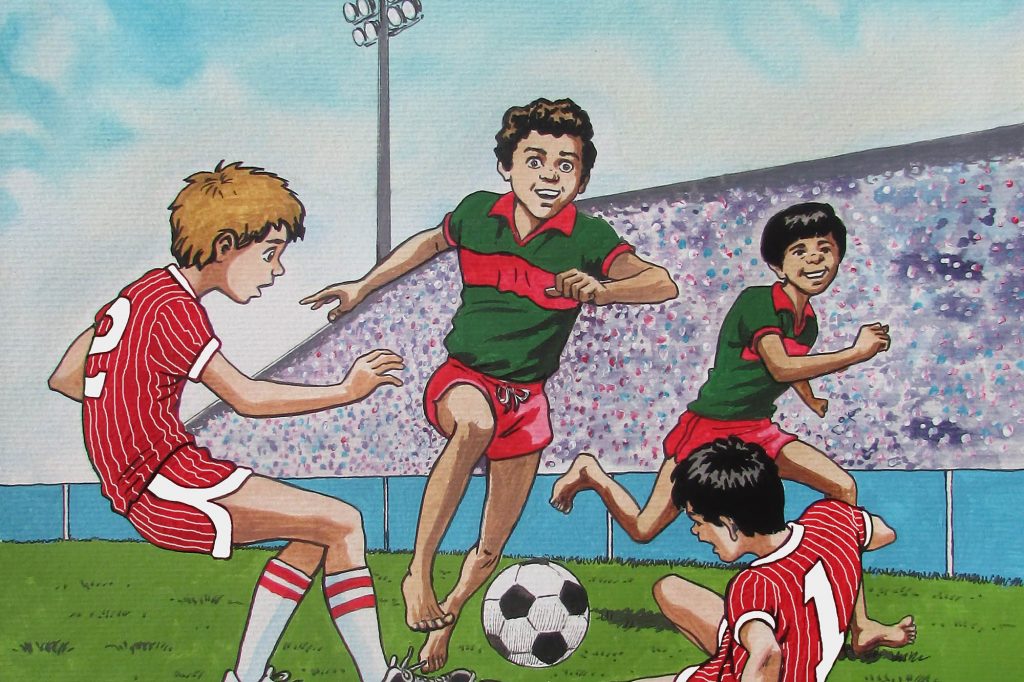
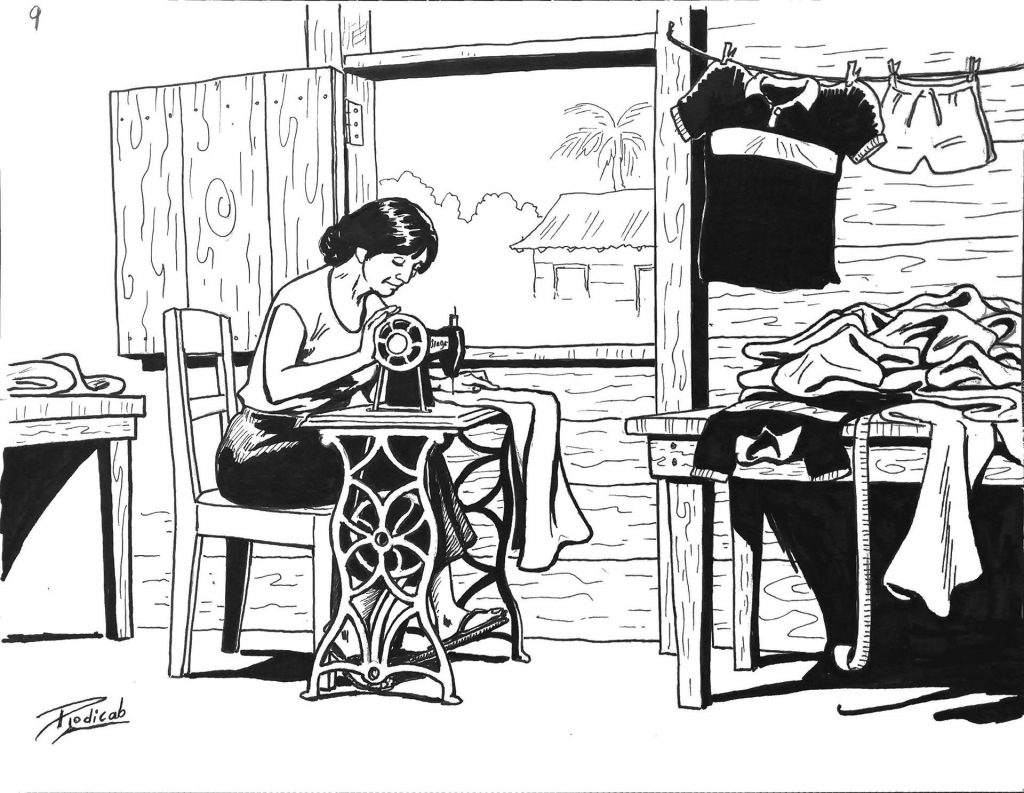
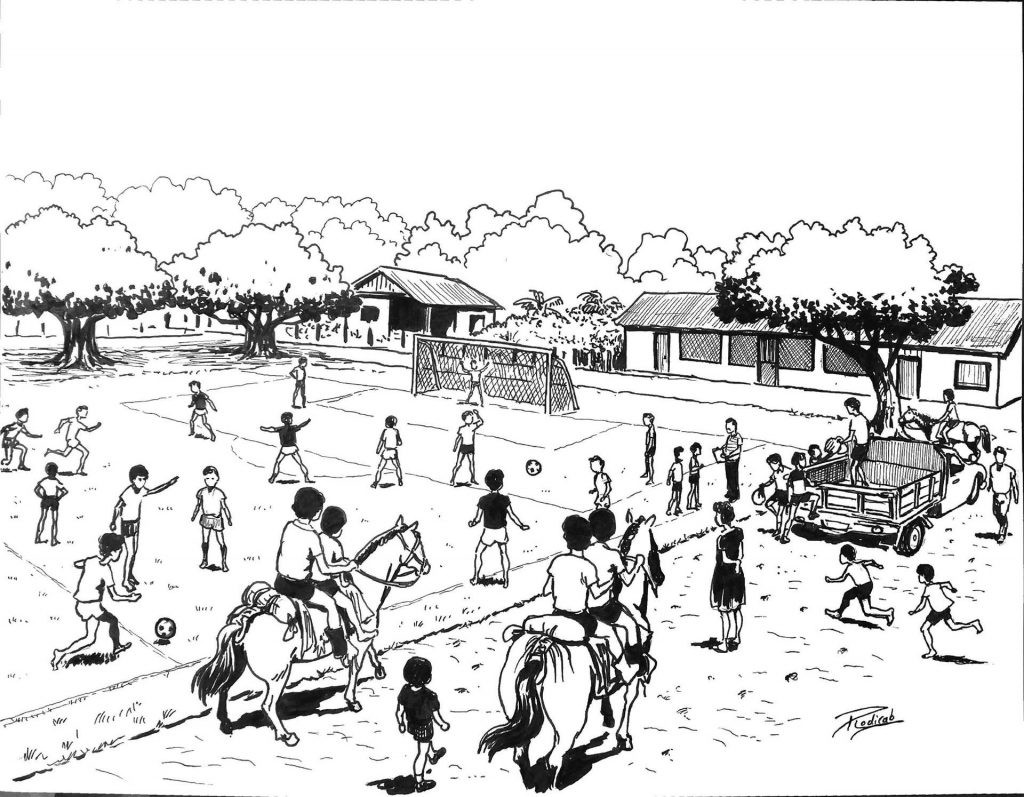
How Can I Get the Book?
The author decided to start selling the books in the place where the story began, and the “patapeladas” themselves will be distributing it. Its price is ₡8,000 (about $12.50). You can find them at:
- Santa Cruz: Librería Nacascolo and Abastecedor Pepe.
- Marbella: Elder Angulo 8693-3633.
In addition, anyone can make a donation to the Marbella Integral Development Association and the money raised will be donated to schools in Guanacaste.


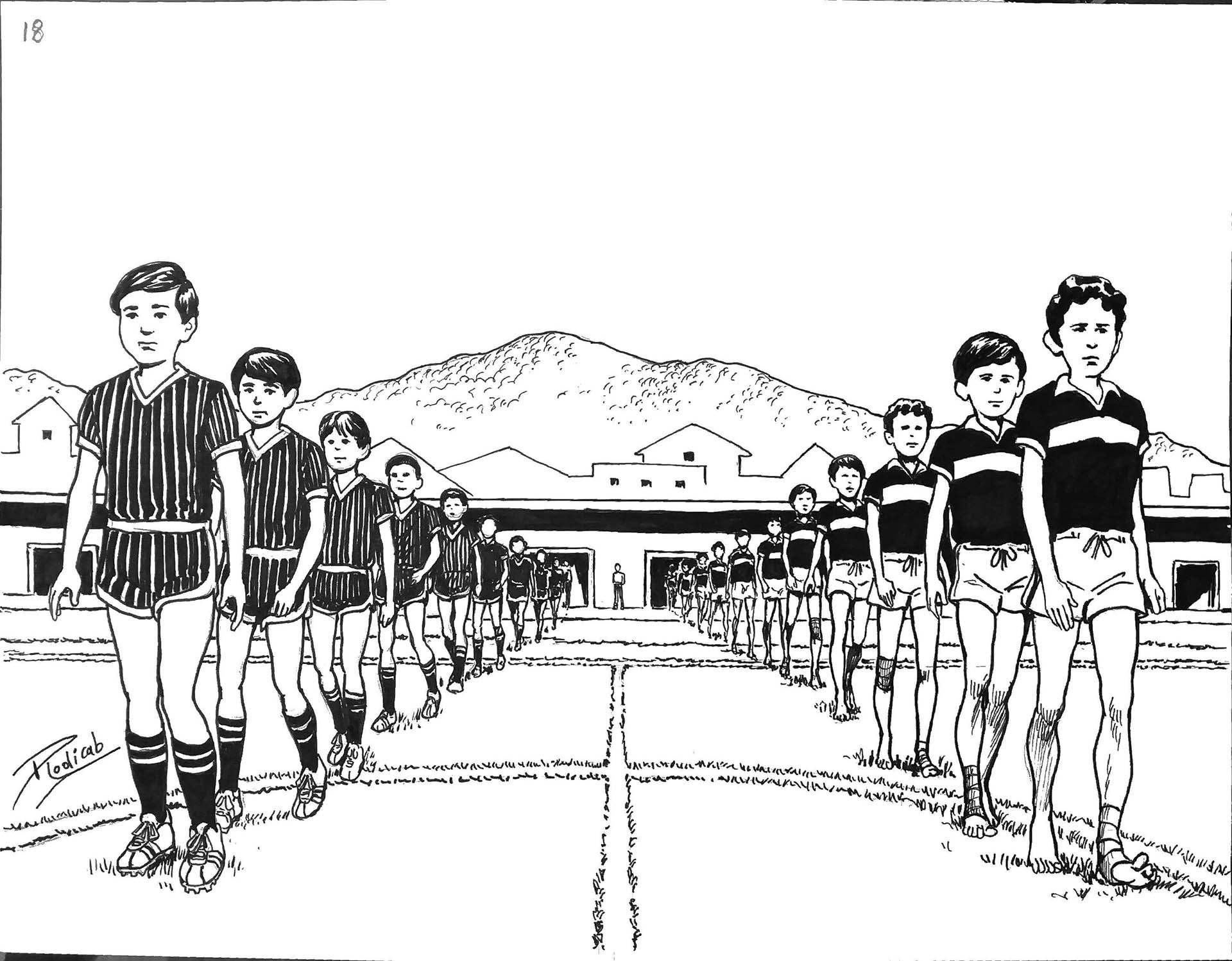
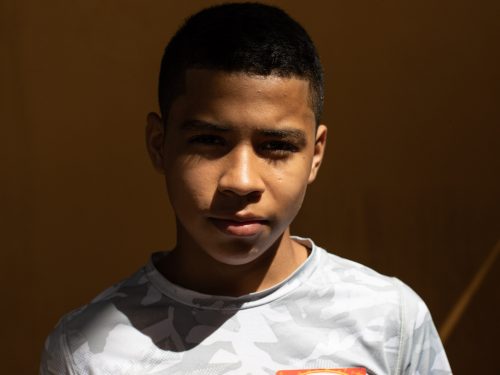
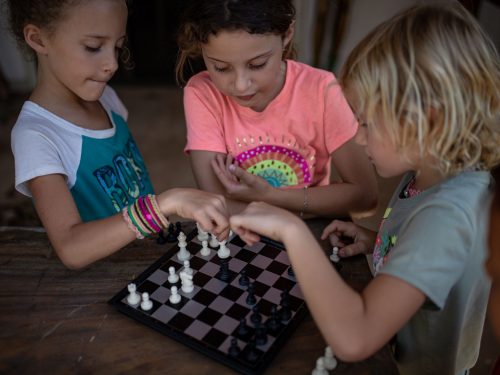
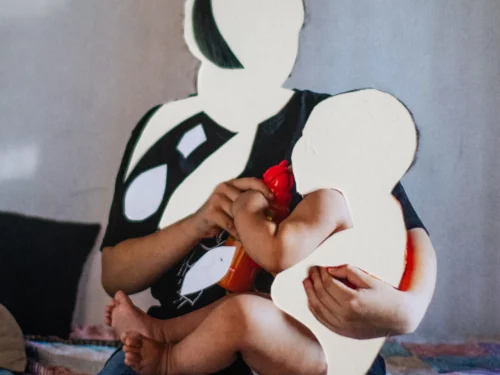

Comments